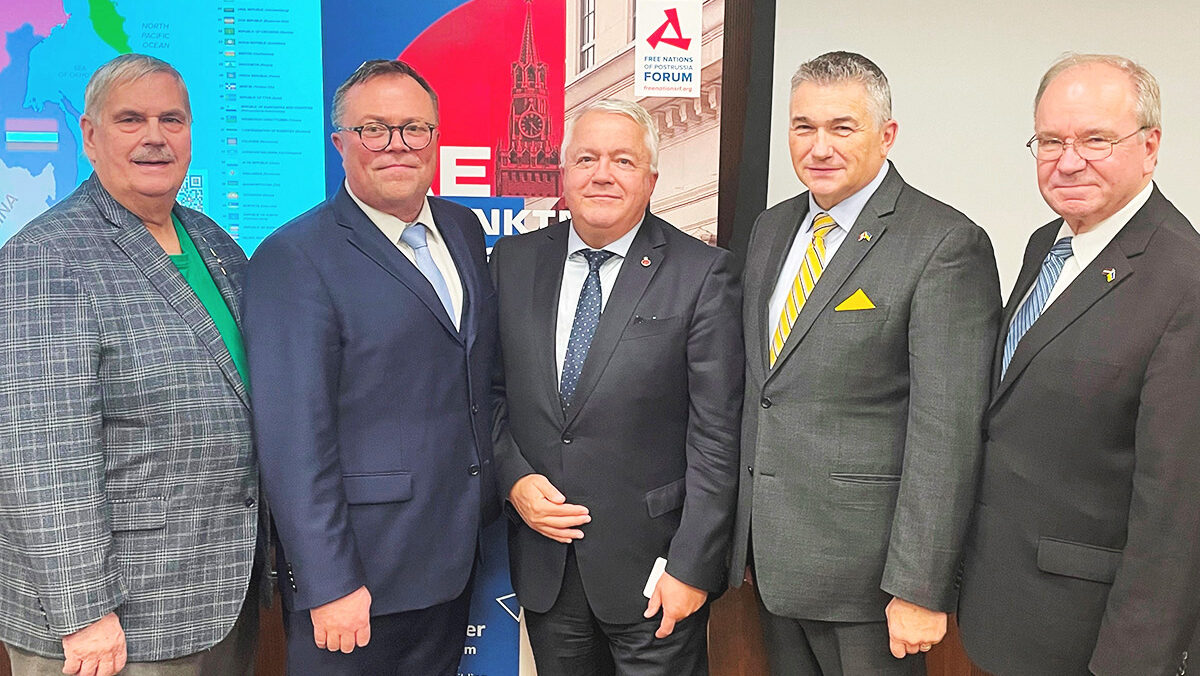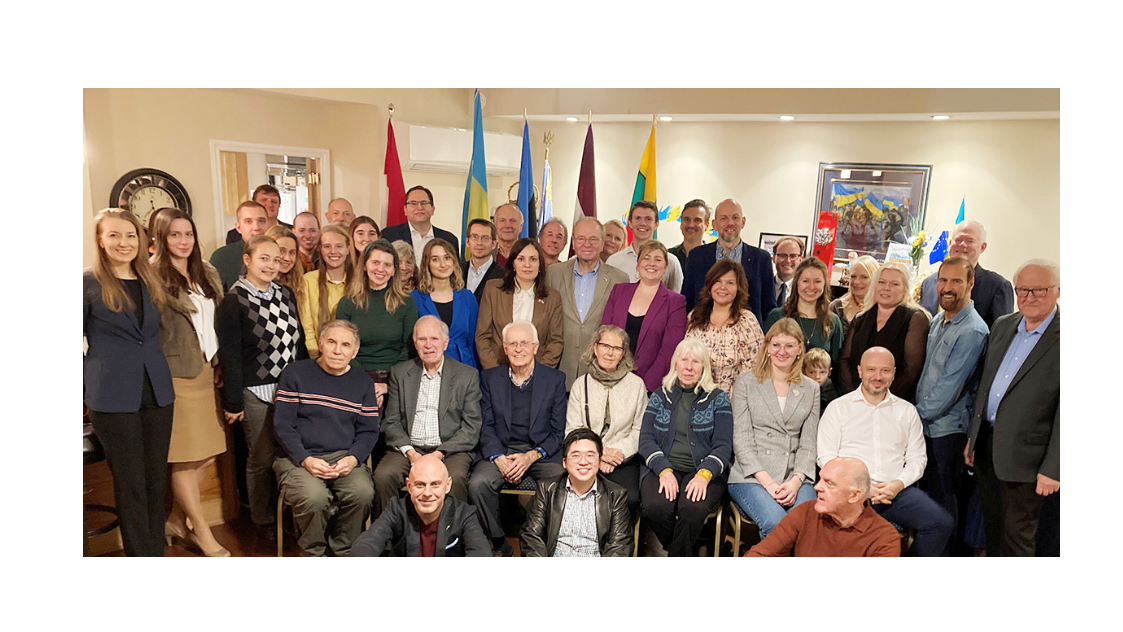The Commission was headed by Medvedev’s chief of staff Sergey Naryshkin, an alumnus of the KGB school in Minsk and who was later appointed Director of the Foreign Intelligence Service, the SVR. Of the 88 members of the Commission`s staff, only five were professional historians, the rest were state Duma members, military and security agency personnel. Even the competence of some the Commission`s historians was questioned by observers.
- History as selection, not fact
- History as selection, not fact (III)
- History as selection, not fact (IV)
According to Naryshkin, the objectives of the Commission would not be to politicize or re-write history, (the name clearly says otherwise), “in the manner of countries such as Latvia and Lithuania”. He claimed that the Commission would analyze alleged falsifications of Russian history, aimed at diminishing the country’s image and recommend to the president on how to counter these fabrications.
The Russians saw their myth of being the heroic liberators of Europe being seriously tarnished internationally. The Baltic States with other captive nations had always claimed the Soviets should share the blame with Nazi Germany due to their duplicity as pre-determined in the Molotov-Ribbentrop Pact of 1939.
Similarly Moscow’s insistence that June 8 should be celebrated by all of Europe, since on that day Russia had “freed – liberated – Europe from the Nazis”. The West had always acknowledged The Soviet’s role in militarily pushing the Nazis from Central and Eastern Europe but then immediately subjugating them to brutal repressions. Describing this outcome as ‘liberation’ is a vile corruption of the word’s true meaning. However, Moscow saw their heroic role in the victory of WWII as being substantially tarnished.
It was also in many other instances that the Kremlin needed to reinforce Moscow’s narrative of what had occurred in the past. They were upset about the reality of the occupation of the Baltic states as seen by those countries. The Polish accusation of the Soviets, rather than Nazis, as being the actual massacres of Polish officers at Katyn was vehemently denied by Moscow (but later admitted). Kiev’s presentation of documentary evidence that the Soviets deliberately targeted Ukraine with the devastating famine of the 1930`s brought increased attention to the vulnerability of Russia’s customized history and made it more vexing for the Kremlin to tolerate.
The subsequent international protest and opposition from within Russia was initially ignored by the regime. Even the criticism of some Russian historians, who feared for losing their own credibility, didn’t faze the Commission. It claimed that “people wouldn’t be thrown in jail or historians blacklisted” for disagreeing with the Commission`s version of history. (It’s interesting to note that possible incarceration for opposing an intellectual position could even be a legally acceptable possibility, even if it was stated tongue-in-cheek.)
However, finally a presidential decree of February invalidated the decree and the Commission was disbanded with an explanation that the task had been completed. Some historians suspected that it's work had been ineffective and useless. Others suggested that the Commission failed to agree on an internationally credible official version, sanctioned by the Kremlin and not appearing too distorted abroad. Vladimir Putin approached the problem thereafter in his own way.
(To be coninued.)
Laas Leivat, Toronto



